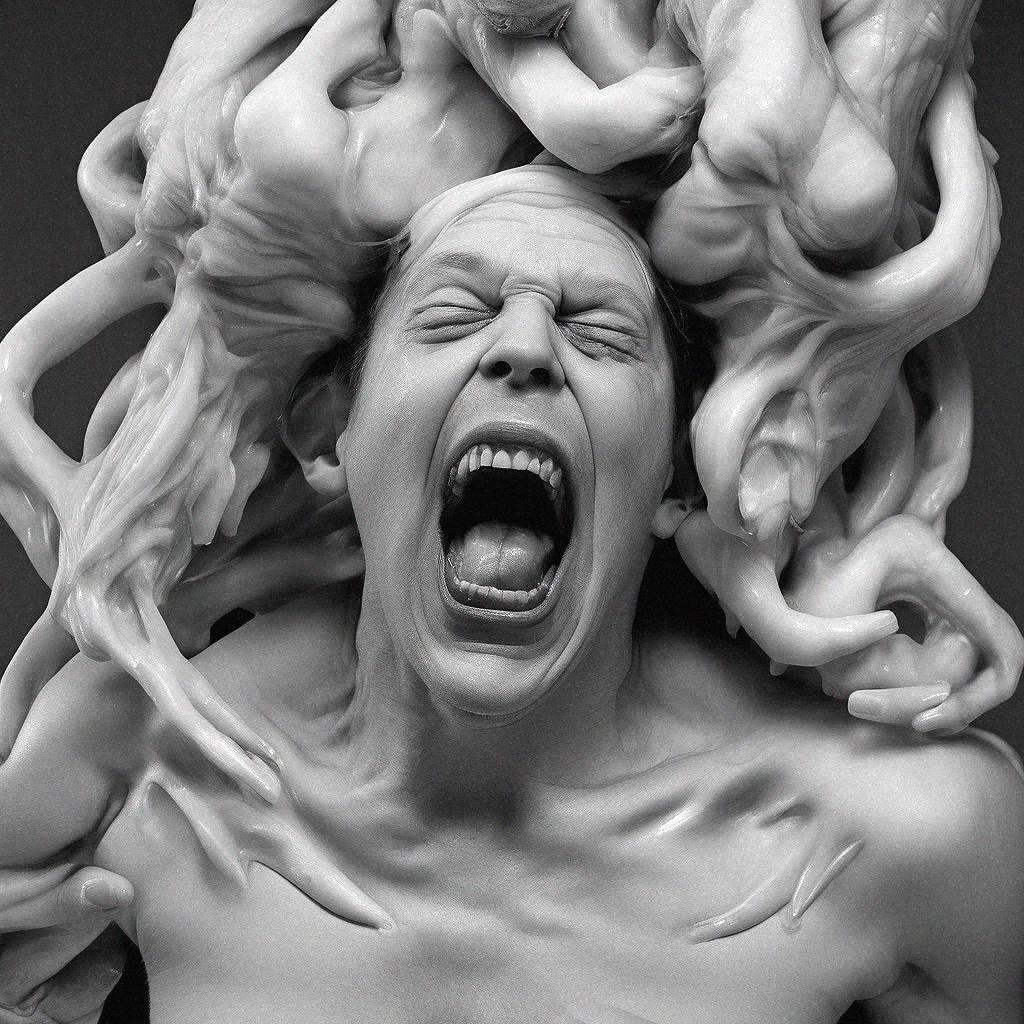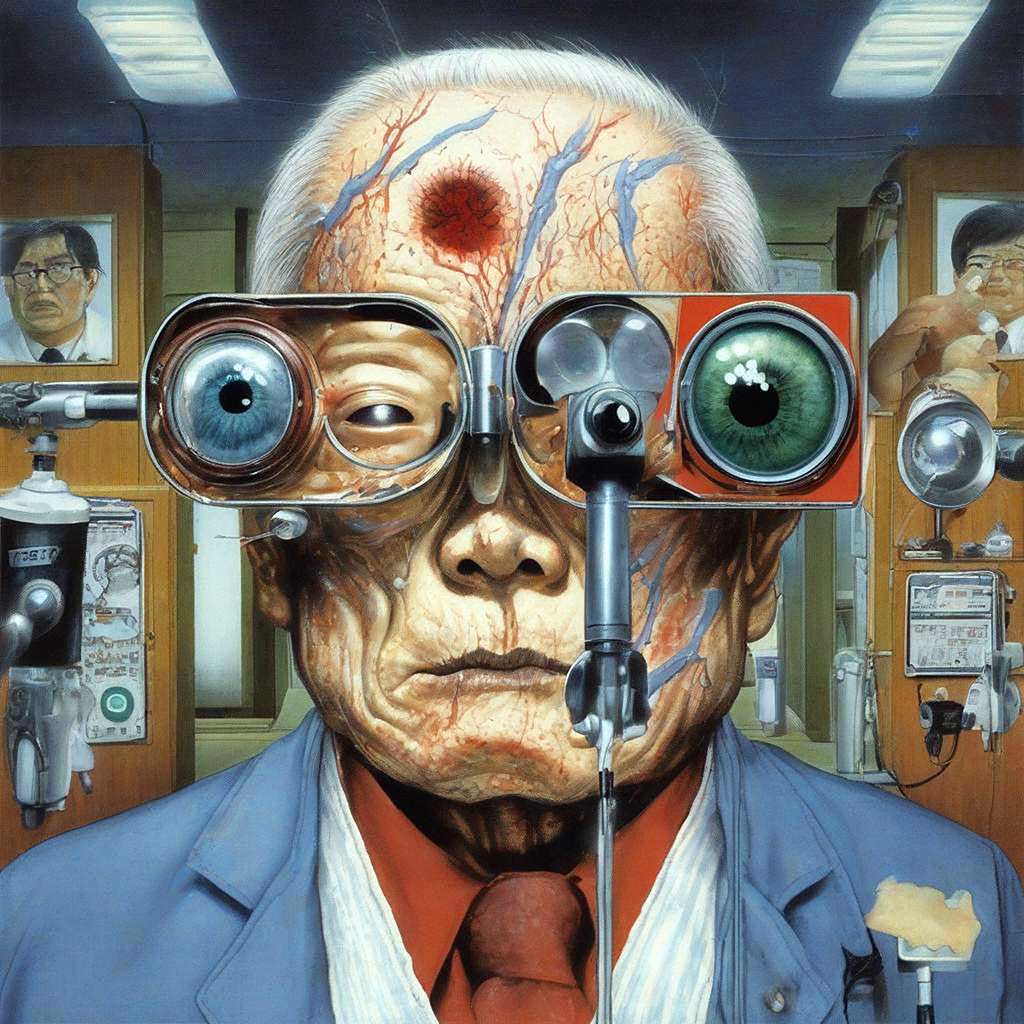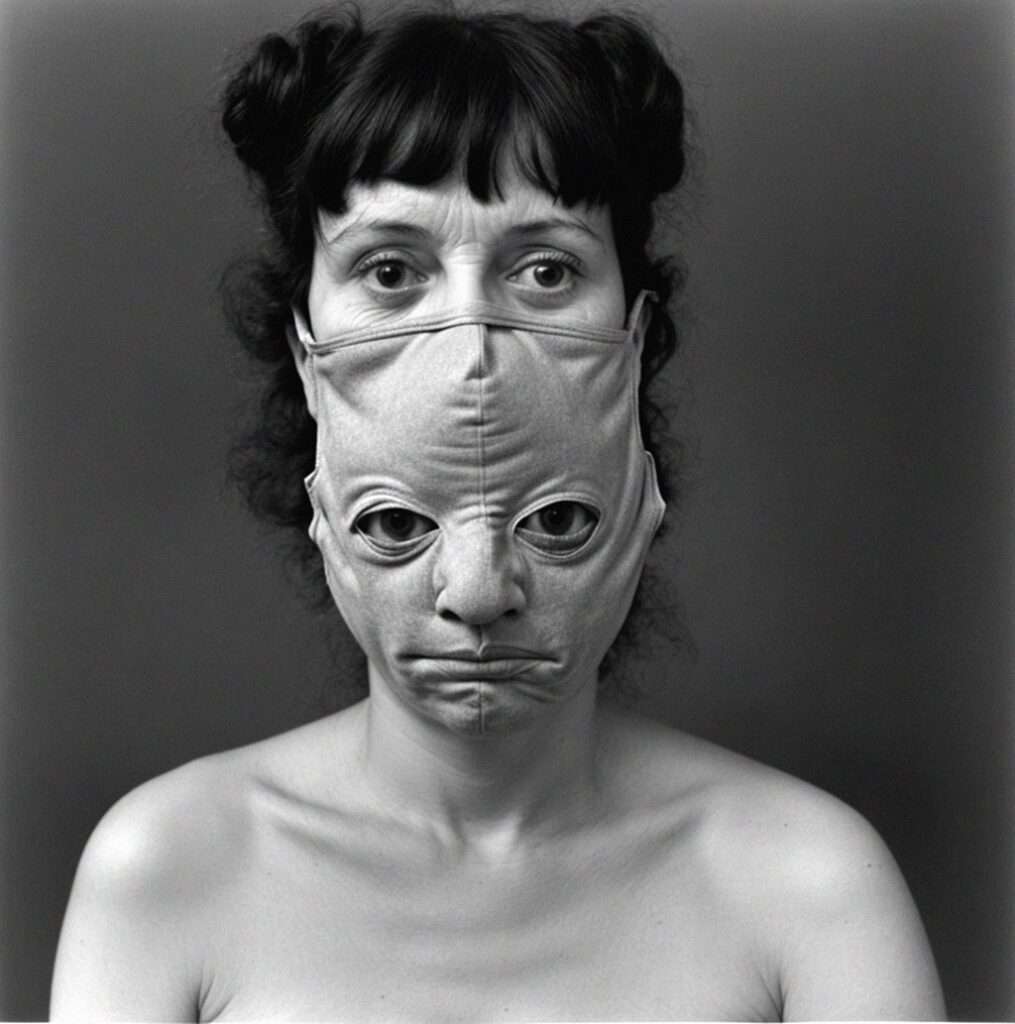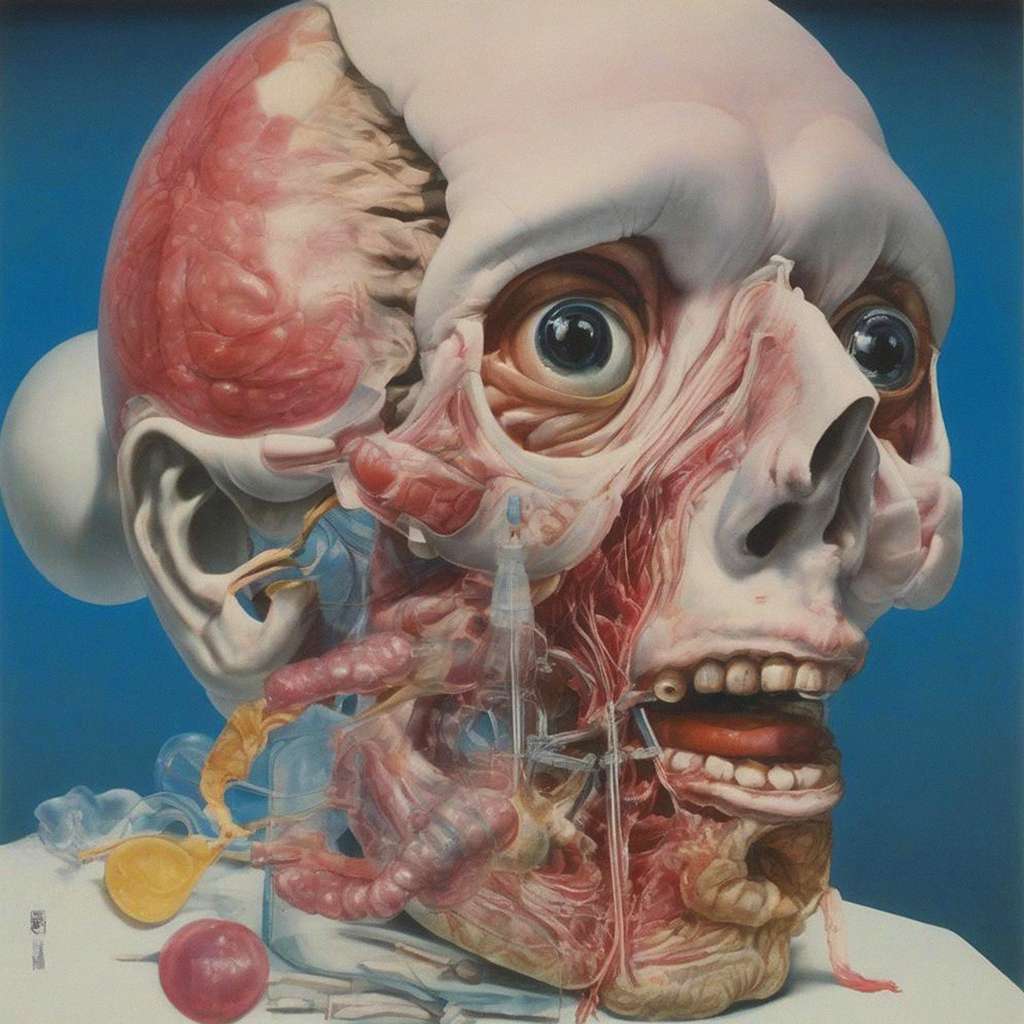
Clint Enns aka “@clintenns" is a Montreal-based writer and visual artist whose innovative exploration of AI technology creates unsettling, otherworldly imagery. His work, often described as a fusion of hallucination and distorted memories, challenges the viewer's perception of reality.


In addition to his digital artwork, Clint Enns creates artist books that combine images and writing to reflect on themes he is currently grappling with. His latest book, Camping at the Geriatric Ward, explores criticisms of AI art and the ethical dilemmas surrounding the medium. The book touches on issues such as corporate censorship, authorship, authenticity, and copyright, all within the context of AI’s intersection with the human experience. One of Enns’ most poignant ideas in the book is that his AI-generated images are produced by his grandmother, who is losing the ability to speak due to dementia. Through the lens of AI, Enns suggests, his grandmother can communicate with the world in new and profound ways.
Enns’ exploration of AI art began with the popular tool DALL·E-Mini, which made AI technology more accessible. Initially, his interest was in how the technology would misinterpret his prompts and where it would fail. He would challenge the system with impossible or self-referential tasks, such as asking for “an AI-generated face,” only to see a blur of distorted, almost abstract figures that the machine interpreted as human faces. This early experimentation laid the foundation for his ongoing work with other tools like DALL·E 2, MidJourney, Stable Diffusion, and Disco Diffusion. Ultimately, Enns has settled on Stable Diffusion, a tool he appreciates for its low cost (essentially free), ease of use, and its ability to produce the errors and glitches that are central to his artistic vision.

